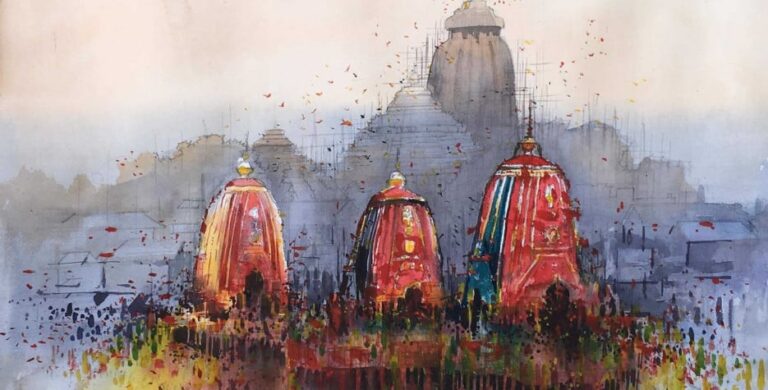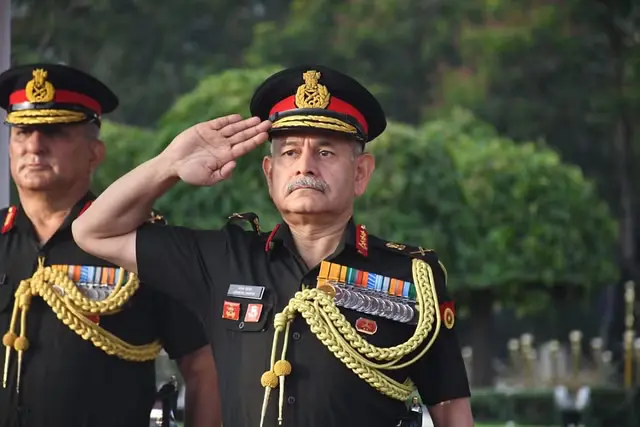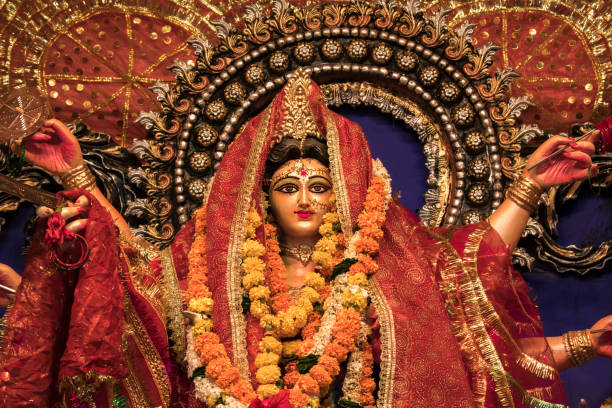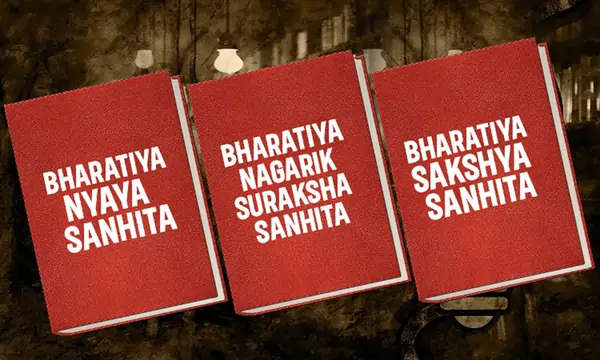India is set to embark on its democratic exercise as voters head to the polls to elect representatives from 543 constituencies in the Lok Sabha elections. Spanning from April 19 to June 1, the Election Commission of India has unveiled a schedule comprising seven phases, mirroring the structure of the previous elections. Vote counting is slated for June 4. As the dates are unveiled, the moral code of conduct swiftly comes into effect, marking the onset of a crucial period in the nation’s political landscape.
PHASE-WISE POLLING-
The Lok Sabha elections are scheduled to be held on April 19, April 26, May 7, May 13, May 20, May 25, and June 1. Notably, Bihar, West Bengal, and Uttar Pradesh will witness voting across all seven phases. The crucial task of counting the votes is set for June 4.
Polling in single phase: Arunachal Pradesh, Andaman and Nicobar Islands, Andhra Pradesh, Chandigarh, Dadra & Nagar Haveli, Daman and Diu, Delhi, Goa, Gujarat, Himachal Pradesh, Haryana, Kerala, Lakshadweep, Ladakh, Meghalaya, Mizoram, Nagaland, Punjab, Sikkim, Puducherry, Telangana, Tamil Nadu
Polling in 2 phases: Karnataka, Manipur, Rajasthan, Tripura
Polling in 3 phases: Assam, Chhattisgarh
Polling in 4 phases: Jharkhand, Madhya Pradesh, Odisha
Polling in 5 phases: Maharashtra, Jammu and Kashmir
Polling in 7 phases: Bihar, Uttar Pradesh, West Bengal
Notably, assembly elections are set to coincide in Andhra Pradesh, Odisha, Sikkim, and Arunachal Pradesh, adding further significance to this political event.
On April 19, voters in Arunachal Pradesh and Sikkim will participate in their respective Assembly elections. Following suit, Andhra Pradesh is scheduled to conduct its Assembly elections on May 13. Meanwhile, Odisha’s Assembly polls will unfold across four phases, with voting slated for May 13, May 20, May 25, and June 1.
The current term of the Lok Sabha is set to conclude on June 16, necessitating the formation of a new House before that deadline. Similarly, the terms of various state assemblies are also drawing to a close on different dates in June.
NEW ELECTION COMMISSIONER
The Chief Election Commissioner, Rajiv Kumar, unveiled the electoral timetable, accompanied by the newly appointed Election Commissioners Gyanesh Kumar and S.S. Sandhu. In addition to the Lok Sabha and four State Assembly elections, by-elections for 26 Assembly constituencies were also announced.
VOTE FROM HOME FOR SENIORS,PWD
In India, there are a total of 96.8 crore registered voters, comprising 49.72 crore men and 47.1 crore women. Among the 1.82 crore first-time electors, 85 lakh are women. Mr. Kumar highlighted a noteworthy improvement in the gender ratio among electors, now standing at 948 women for every 1,000 men. He also pointed out that in 12 states, there are more women voters than men.
In a significant shift, for the first time in a general election, individuals aged 85 years and above, as well as those with over 40% disability, will have the option to cast their votes from the comfort of their homes. The electoral register includes 85 lakh registered voters aged above 85 years, along with 88.4 lakh voters with disabilities. Moreover, the electoral rolls list 21.18 lakh centenarians.
CALIBRATED RESPONSE TO MCC VIOLATION
The CEC flagged the challenges of what he called the ‘four Ms’: muscle power, money power, misinformation, and MCC violations. “I would appeal to parties to maintain decorum during the campaign and refrain from personal attacks,” Mr. Kumar said, adding that the ECI will have a “calibrated” response to MCC violations. lo










[…] LOK SABHA ELECTION 2024 DATES ANNOUNCEMENT: 7 PHASES FROM APRIL 19 TO JUNE 1 […]